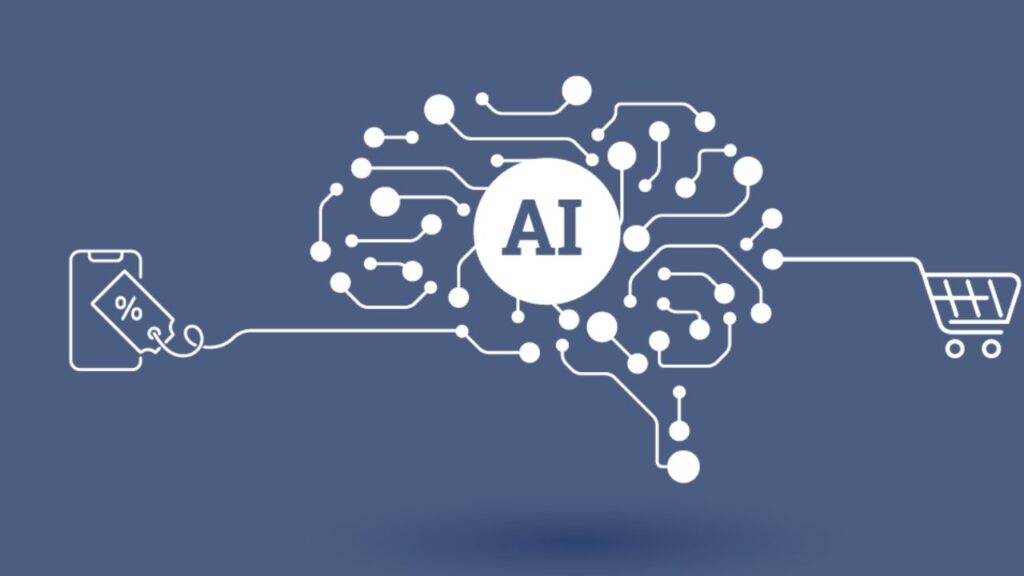In the fast-paced world of B2C marketing, staying ahead of the curve is paramount. With the rise of generative AI, marketers now have the tools to unlock unprecedented insights and drive innovative strategies. But how exactly can you leverage these new technologies to enhance your marketing efforts? Let’s dive into the transformative power of generative AI and explore how it can revolutionize your marketing strategy.
The Potential of Generative AI in Marketing.
Generative AI is becoming an integral part of marketing strategy, offering capabilities that go far beyond traditional analytics tools. According to recent studies, over 62% of marketers worldwide are already using generative AI for data analytics, concept creation, and brand metric tracking. This technology enables marketers to:
Optimize workflows: Automate repetitive tasks and streamline processes to focus on strategic initiatives.
Enhance campaign concept generation: Utilize AI to generate fresh, unique marketing concepts that resonate with target audiences.
Gain deeper customer insights: Analyze large volumes of data to uncover hidden patterns and preferences.
Overcoming Common Challenges with Generative AI
While the benefits are clear, implementing generative AI in marketing comes with its own set of challenges. Some of the most common barriers include:
Siloed data: Internal silos and poor integration can hamper data availability.
Data volume: Managing the exponential growth of customer data can be overwhelming.
Lack of accessibility: Insights are often not available at the point of need, hindering decision-making.

Generative AI is poised to address these challenges by integrating insights directly into your workflow, making it easier to access and act on valuable data.
Leveraging Proprietary AI Insights.
Generic tools like ChatGPT are easily accessible but may not provide the differentiated advantage needed in today’s competitive landscape. Instead, B2C marketers should consider specialized AI insights assistants like DeepSights, which are wired directly into your company’s proprietary data . These tools leverage Natural Language Processing (NLP) and Retrieval-Augmented Generation (RAG) techniques to synthesize data at scale and provide tailored, trustworthy insights.
Practical Use Cases for Generative AI in Marketing.
1.Insights-Powered Concept Generation.
Consider a skincare brand facing a decline in customer engagement. By using generative AI, the marketing team can quickly identify what their target audience cares about and generate new, relevant marketing concepts. This approach not only rejuvenates their campaigns but also ensures alignment with customer preferences.
2.Insights-Driven Opportunity Identification.
A kitchen appliance brand looking to boost espresso machine sales during economic uncertainty can leverage generative AI to analyze emerging consumer trends. By identifying a “treat culture” on social media, where consumers indulge in small luxuries despite tighter budgets, the brand can reposition its product as an affordable luxury, appealing to cost-conscious consumers.
Actionable Tips for Embedding Generative AI in Your Marketing Strategy.
Integrate AI into your existing tools: Utilize integrations with platforms like Microsoft Teams and Google Chat to ensure a seamless flow of insights.
Focus on proprietary data: Leverage your organization’s unique data assets to gain a competitive edge.
Start small and scale: Begin with specific use cases and gradually expand the scope of AI applications as you become more comfortable with the technology.

Conclusion
Generative AI offers B2C marketers a powerful tool to harness fresh insights and drive innovative strategies. By overcoming common data challenges and leveraging proprietary AI insights, marketers can enhance their workflows, generate compelling campaigns, and uncover hidden market opportunities.



